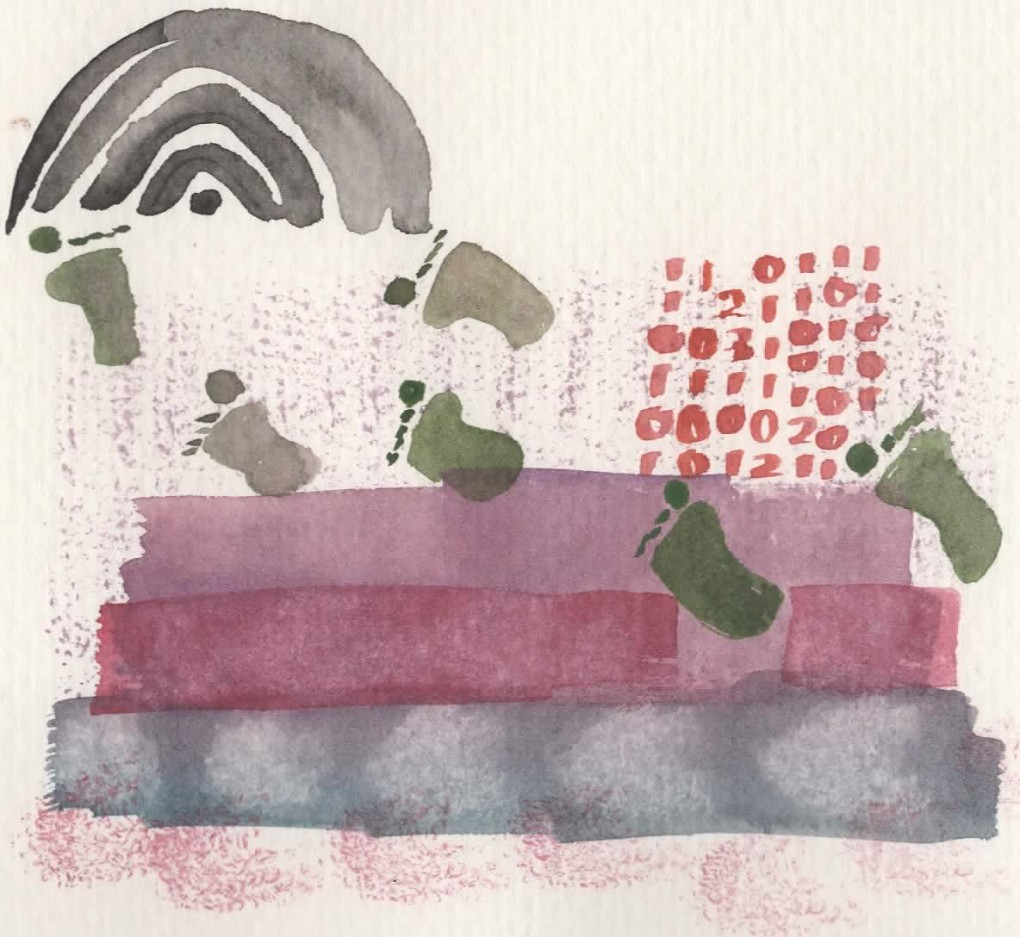Tracking reminds me of baby steps, keeping a journal, as mentioned in lecture this week. Also, there is a good point when we allow tracking programs to run (e.g. Google Analytics). This opens the door to our imagined visitors through selected data that we could collect. What kind of languages do most readers use? How much time do they spend, how many sessions do they open on your site? These questions eventually have influence on myself. I start to monitor through Google Analytics on my website.
Article, “Dark Social: We have the whole history of the Web wrong” by Alexis C Madrigal, leaves me very interesting impression of the social networks. It introduces the term “Dark social” that stands for the driven traffic by visitors who have no referrer data. For example, those readers who come from secure sources (emails, instant messages, some mobile applications) to non-secure sites (e.g. nyt.com) do not contribute to the categories under traffic. This affects data capture adversely by turning audience’s source to ‘direct’ or ‘typed/ bookmarked’ categories (e.g. visitors who literally type in your URL address). I guess I am as happy as Madrigal to hear about the actual act of classification of visitors without referrer. ‘Home page/ subject landing page’ and ‘direct social’ have been presented. (One example would be subject holds the link from some application in mobile phone that is the gateway to your site, but the app has no ID tagged on the visitor, I might be wrong) From Madrigal’s point, I strongly agree on the reconsideration of sharing action among us. The actual social networks/ platforms do not necessarily trigger the action of sharing, but it does provides better space for us to expand; sharing becomes the part of publishing online. Today, we enter our information in order to be heard in public, archive “a record of our sharing”. For now, one take away point would be the importance of recognition of visitors without referrer.
Since I started Google Analytics, I have been asking myself a lot questions when I look at something really huge but seems just numbers/ conversions to me. How could I notify myself that my actions are being monitored by some outside sources? How effective would this actual monitoring system (Google Analytics on my site) on me? “Facebook Tinkers With Users’ Emotions in News Feed Experiment, stirring outcry” by Vindu Goel reports the experiment about “how emotions can be spread on social media” by changing news feeds. According to this article, positive & negative posts would be affected. I am not terribly concern just because I do not use Facebook that much to even notice this hidden force/ element. This is what exactly I am afraid of. What if we are changed steadily in a way that we do not even acknowledge? Sometimes we could pinpoint what affect us (failed interview could make us a bit depressed for a while). WHAT IF : we cannot measure or at least give rough direction what potential parts could be influenced. Even worse would be: are those changes reversible? are they positive or negative?
I guess it is something that I cannot describe, and it worries us. It is almost like, we need to dive into the dark hole to connect people around us. But, do we all know about those people around us? And, why do we want those we do not know about to hear from us?
